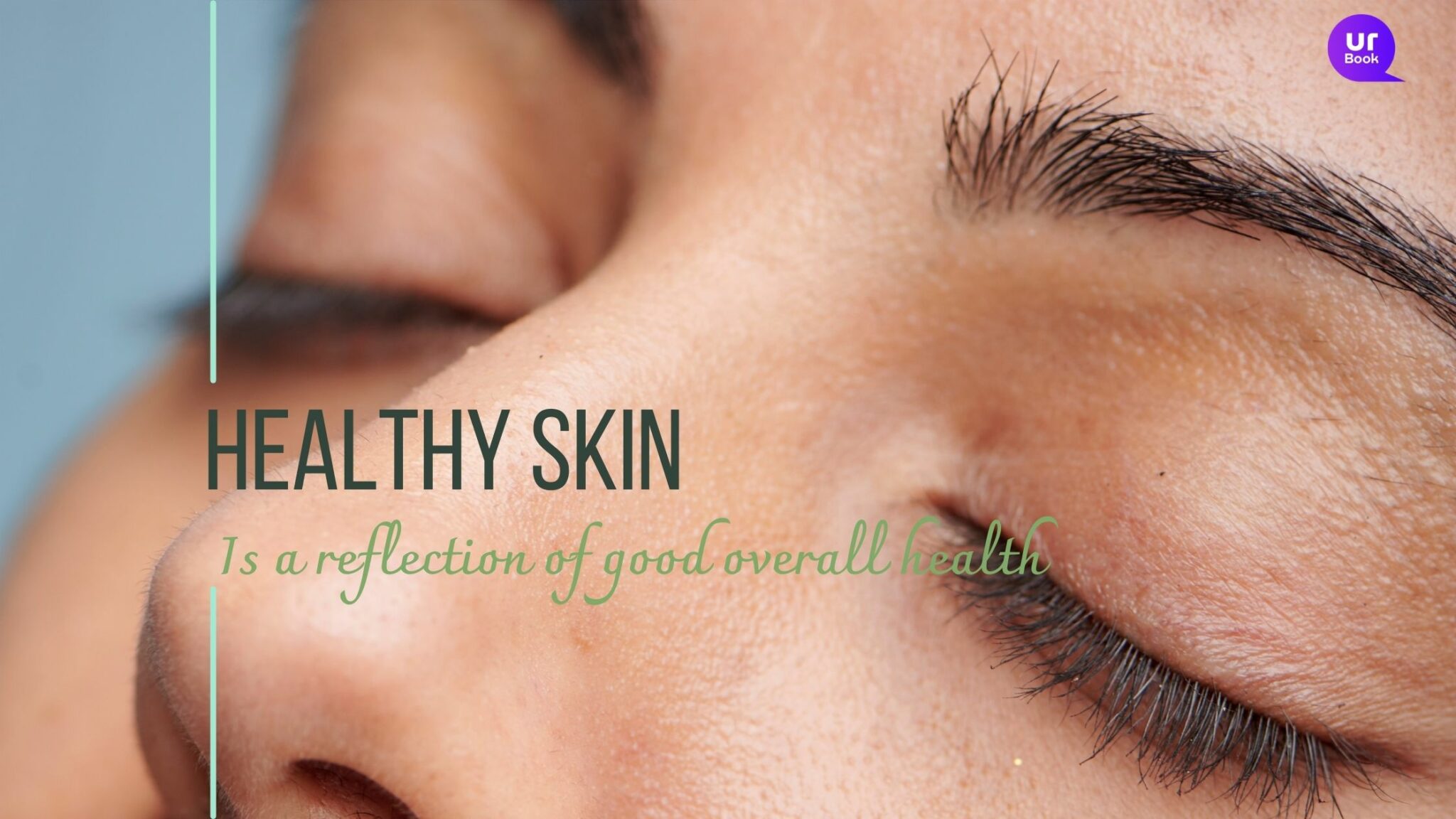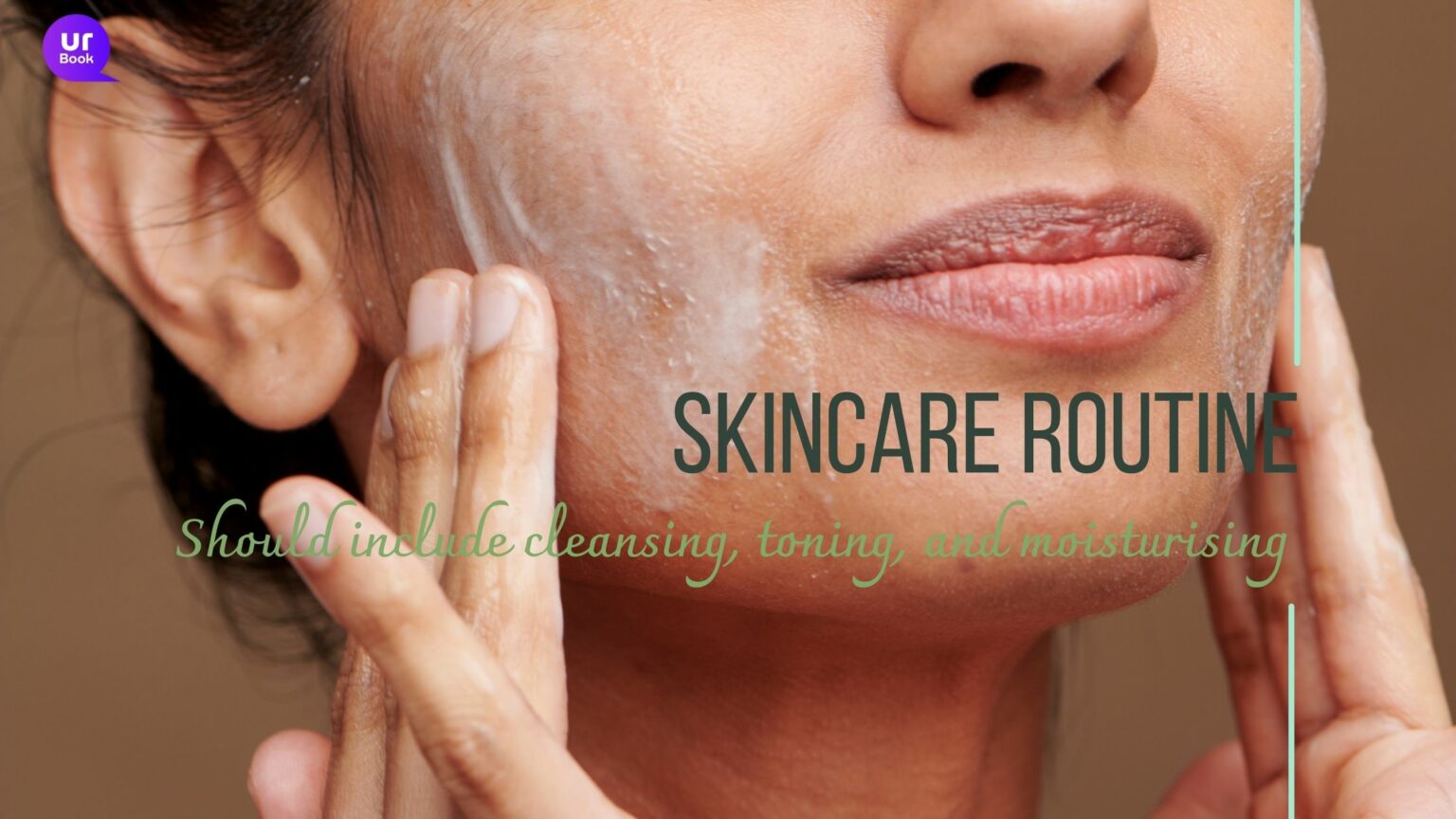
Beauty is not skin deep, and healthy skin doesn’t just make you look good. It protects your entire body, regulates body temperature, and allows you to feel touch.
It is, after all, the largest organ, and for that reason alone, it is crucial to keep the skin healthy and nourished. So, today, we go on a skin-care quest that covers the basics of skin health that every man and woman should know and follow.

The skin you’re in: why healthy skin matters more than you think
What you think of as skin is actually made of 3 layers: the epidermis, dermis, and subcutaneous tissue. Each layer has its own function.
- The outermost layer, the epidermis, acts as a protective barrier, keeping away infectious microbes and holding body fluids to prevent dehydration.
- The middle layer, the dermis, is where your blood vessels, hair follicles, and sweat glands are located.
- The deepest layer, or subcutaneous tissue, consists of fat cells that help insulate the body and protect organs.
If the skin is unhealthy or any of the layers are damaged, it leads to various skin conditions, infections, and even systemic illnesses. For example:
- Healthy skin allows us to experience sensations properly and react to them accordingly.
- The pores on the first layer of the skin allow sweat to escape, keeping you at the right temperature. If they can’t do that, you can overheat.
- If the protective barrier is broken, the skin can’t defend you against UV radiation, pollution, or bacteria.
- Common skin conditions also begin with the epidermis, like eczema, psoriasis, rosacea, and the biggest kicker of all, acne.
Why they happen varies -wonky hormones, genetic factors, or just the environment. Although most skin conditions are not life-threatening, they do interfere with day-to-day life and can become serious if left unchecked.
So as clichéd as it may sound, it’s pretty important to look after your skin’s health. And if needed, consult a dermatologist!
So, what is healthy skin?
Now that it’s clear that healthy skin is a must-have, how do you know if your skin is healthy? You look for these:
- It has to be intact, well-nourished, protected, and functioning optimally.
- The texture has to be smooth, the tone even, and it shouldn’t have blemishes or irritation.
- Also, it shouldn’t be too dry or too oily, i.e., it has to be adequately hydrated.
- It allows for adequate absorption of moisture and nutrients while preventing harmful substances from entering the body.
Skincare routine 101: tips for maintaining healthy skin
A good skincare routine is unique to each person. But the trick to maintaining healthy skin is a combination of good skincare habits, a healthy diet, and protection from stressors.
Besides cleaning, toning, and moisturising, exfoliate your skin regularly to remove dead skin cells and promote cell turnover. Also, choose your skincare products carefully. What suits someone else might not keep your skin happy. So know your skin type before you invest. And far more importantly, ensure they are free from harsh chemicals and fragrances.

Protect yourself: sun damage affects your skin health
One of the best healthy skin tips that you can follow is sun protection. The sun’s harmful UV rays not only damage the skin but also increase the risk of skin cancer.
1 in 5 people are likely to develop skin cancer in their lifetime.
Therefore, it is essential to protect your skin from the sun by wearing protective clothing, using sunscreen with an SPF of 30 or higher, and avoiding the sun during peak hours. Every day.
You are what you eat: diet affects the skin
How healthy you are inside really shows on your face. So, if you’ve been binge eating or drinking heavily, bad skin will give it away. On the other hand, a diet packed with powerhouse nutrients will make your skin glow.
A good diet for healthy skin is rich in antioxidants, fruits, vegetables, and healthy fats, which nourish the skin. Blueberries, turmeric, dark leafy greens, and avocados are all fantastic options.
Some foods you should stay away from are processed and sugar-laden. Both cause inflammation and breakouts. The same goes for smoking and alcohol; neither are friends to your skin’s health.
Eating healthy may seem tricky when not its not clear what to eat and what to avoid, why not turn to an expert for it. QurBook provides you with expert dietitian a click away to consult on any problem and know how the ordinary food items can become the superfoods that your body and skin needs.
Drink up: hydrate for healthy skin
If good food is one side of the healthy skin coin, the other is water. When your body is dehydrated, the skin is dry, flaky, and wrinkled. So have sufficient water. The Institute of Medicine advises:
- 7 litres of water per day for men
- And 2.7 litres per day for women
Stress less to improve your skin health
Most people don’t realise this, but stress indeed impacts your skin. From inflammation to breakouts to premature ageing, it can play havoc on skin health. So, if you’ve been searching for healthy skin tips for the face and are still not getting results, consider managing your stress levels. How?
- Exercise
- Mediate
- Talk to a healthcare professional
Healthy skin, happy life
Healthy skin is beautiful skin! If you’re experiencing skin problems, then please consult a dermatologist who can help diagnose and treat your condition. With technology and connectivity, turn to your mobile for help and consult a dermatologist through QurBook App and get a quick skin evaluation done right where you are.
Remember, the earlier you reach out, the less chance there is of scarring or the skin condition getting serious!
